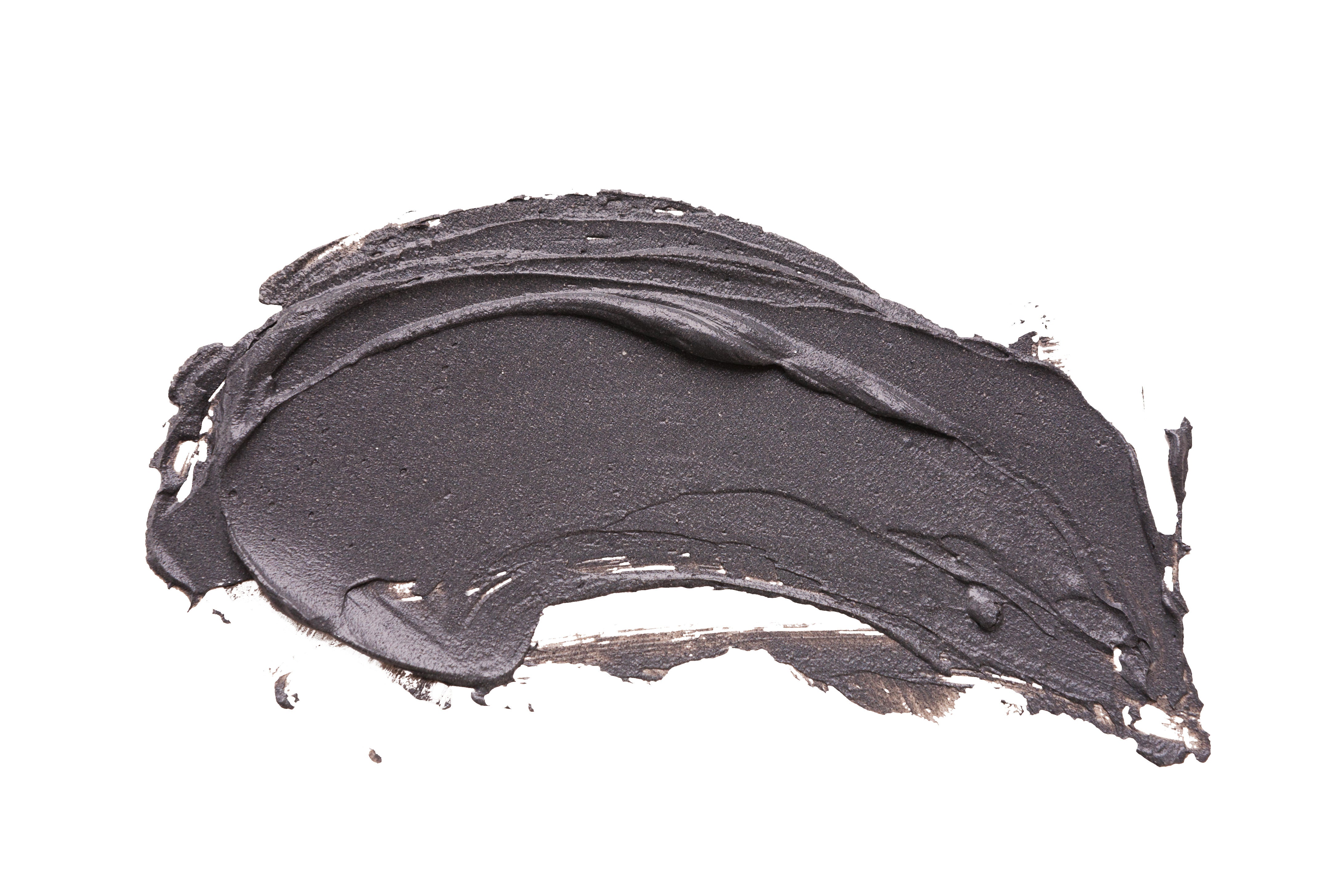
The Truth About Activated Charcoal
Activated charcoal has become so popular that you can find it in everything from cupcakes to facial masks. Still, you may be wondering what it is and whether it’s safe.
Activated charcoal is a manufactured product that’s different from what you use in your barbecue grill or find on top of your burnt toast.
Charcoal is made by heating natural materials like wood or peat. Then, it’s activated by exposing it to hot air, which increases its surface area so that other molecules and chemicals will stick to it. That stickiness gives it the ability to clean away toxins.
It’s been used in emergency rooms for many years to treat certain kinds of overdoses and poisons. However, it’s important to carefully evaluate some of the more enthusiastic celebrity endorsements if you want to save money and avoid unwelcome side effects.
Take a look at this quick guide to the truth about activated charcoal.
When to Try Activated Charcoal:
-
Visit the ER. In case of overdoses or poisoning, emergency room doctors may administer activated charcoal as a powder that binds with the drugs and helps your body to eliminate them. Call a poison center or 911 if you think someone has consumed anything dangerous.
-
Apply deodorant. Natural deodorants are increasingly popular for reasons of personal and environmental health. If you want to test how charcoal works for you, try one of the commercial brands that contain activated charcoal or just stick a plain old briquette in the back of your refrigerator to absorb odors.
-
Care for your skin. There’s mixed evidence that activated charcoal fights skin infections and clears up acne. While there’s little risk in sampling the creams that you find in your local drugstore, you’ll probably save money and see greater results from charcoal-free products.
- Purify water. Activated charcoal has been shown to be an effective filter for water in both home and commercial settings. It absorbs a wide range of chemicals, viruses, bacteria, and other substances you would prefer not to drink.
When to Try Something Else:
-
To cure hangovers. Charcoal is great at absorbing many things, but alcohol is not one of them. Plus, it won’t absorb anything that has already left your gastrointestinal tract and entered your bloodstream. Drinking responsibly is the best remedy. If you’ve already overindulged, water and sleep will provide some relief.
-
To reduce gas. There are safer ways to treat abdominal gas and bloating. Eat a diet rich in plant foods and fiber. Drink plenty of water. Avoid carbonated drinks and artificial sweeteners. Quitting smoking and exercising regularly will help too.
-
To stop diarrhea. Charcoal has shown some promise in treating diarrhea, but there are other remedies with fewer side effects. You can usually wait for it to go away, but seek medical help if you feel dehydrated, have a fever or pain, or if it lasts for more than two days.
-
To boost your energy. It’s ironic that charcoal is being added to juices and other products to give you energy when it actually interferes with the absorption of essential nutrients, as well as some medications. Eat a balanced diet, stay active, and manage stress instead.
- To detoxify your body. Be wary about any expensive detox regimens. Your liver and kidneys perform these functions naturally and for free.
Activated charcoal may be beneficial for some emergency medical and other uses, but many of the health claims about it have little or no scientific evidence to back them up. As usual, talk with your doctor about any individual questions you have so you can receive appropriate treatment and avoid unnecessary risks.
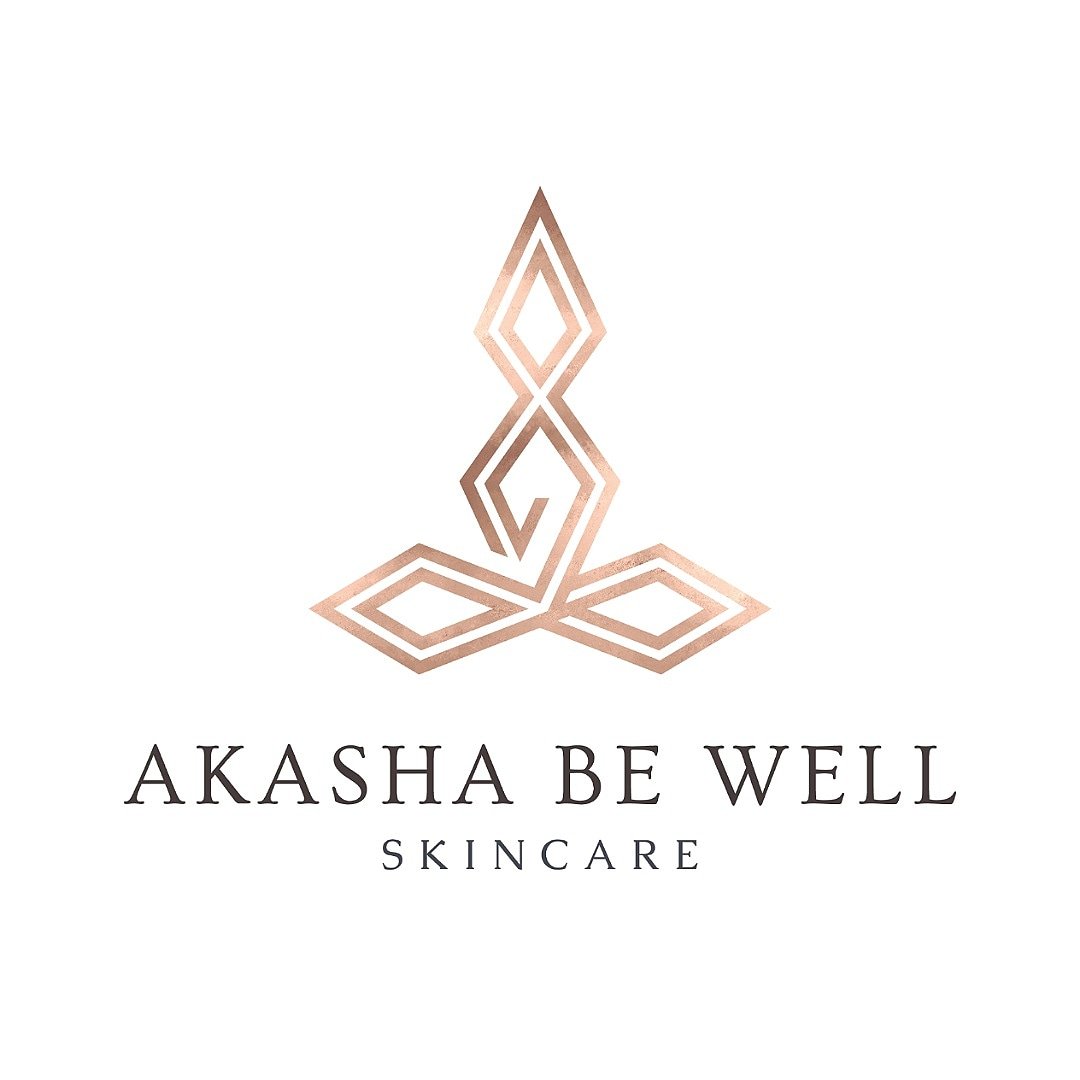
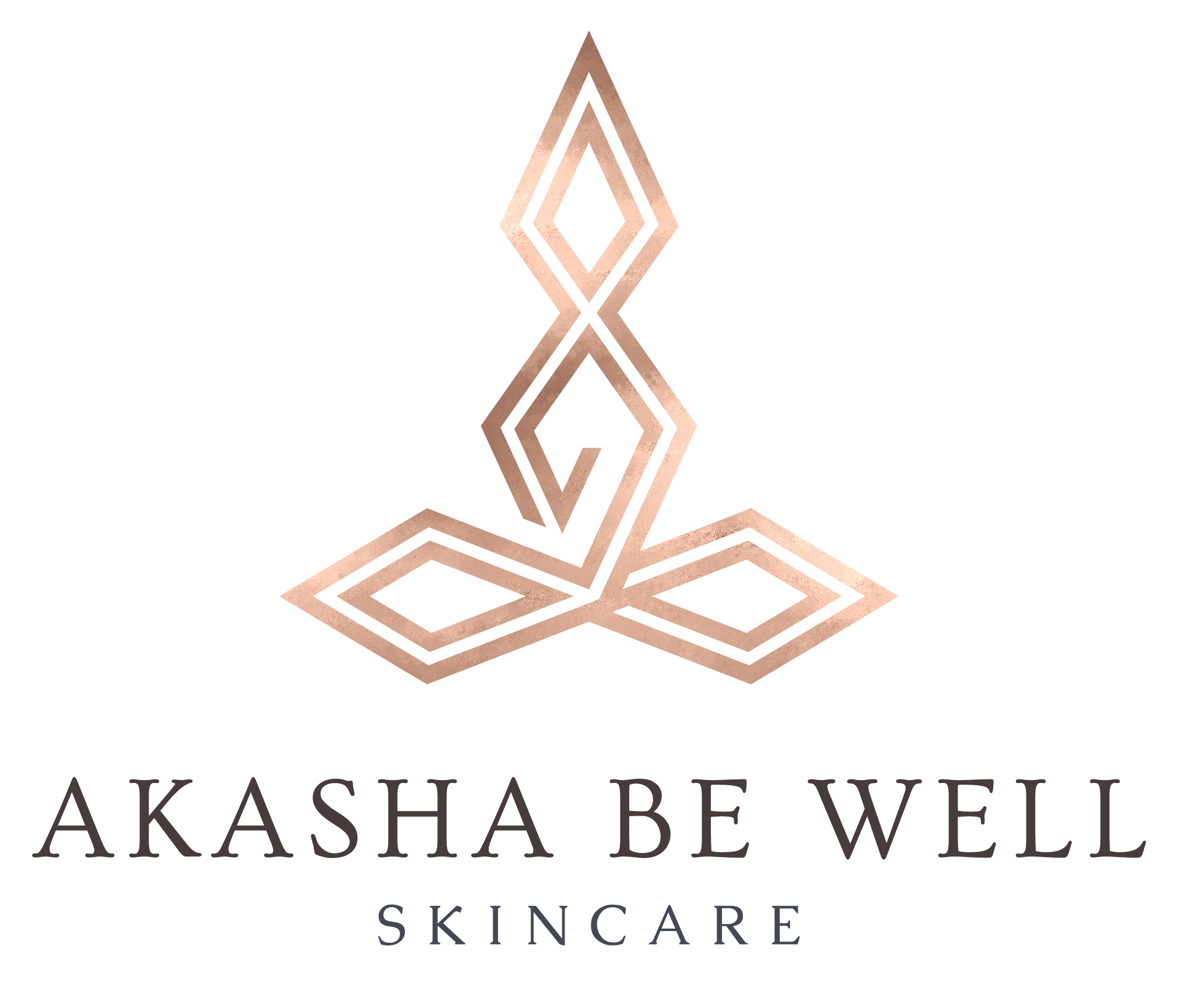
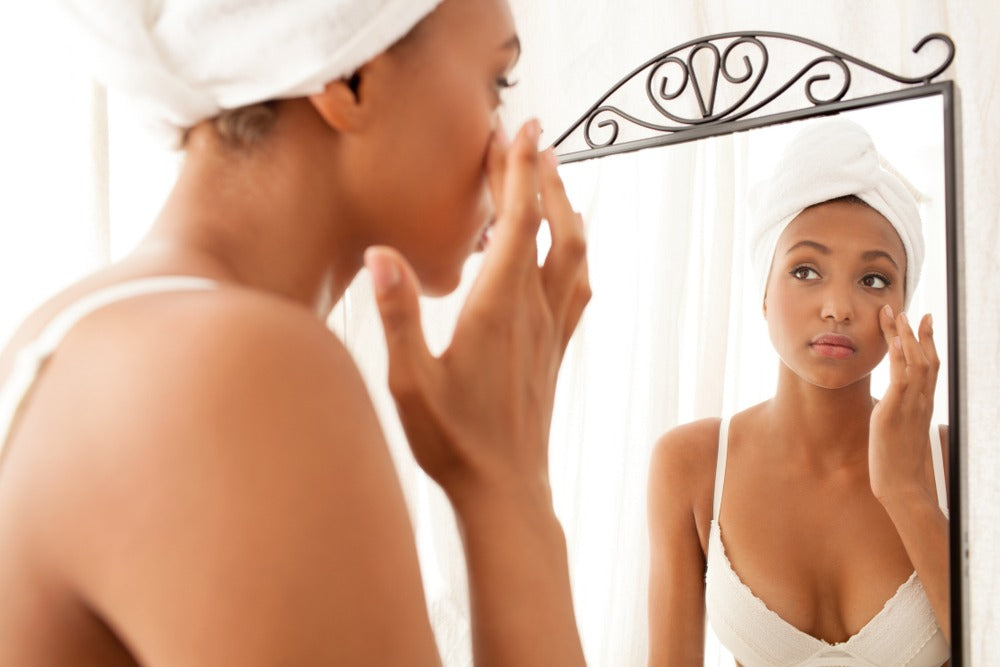
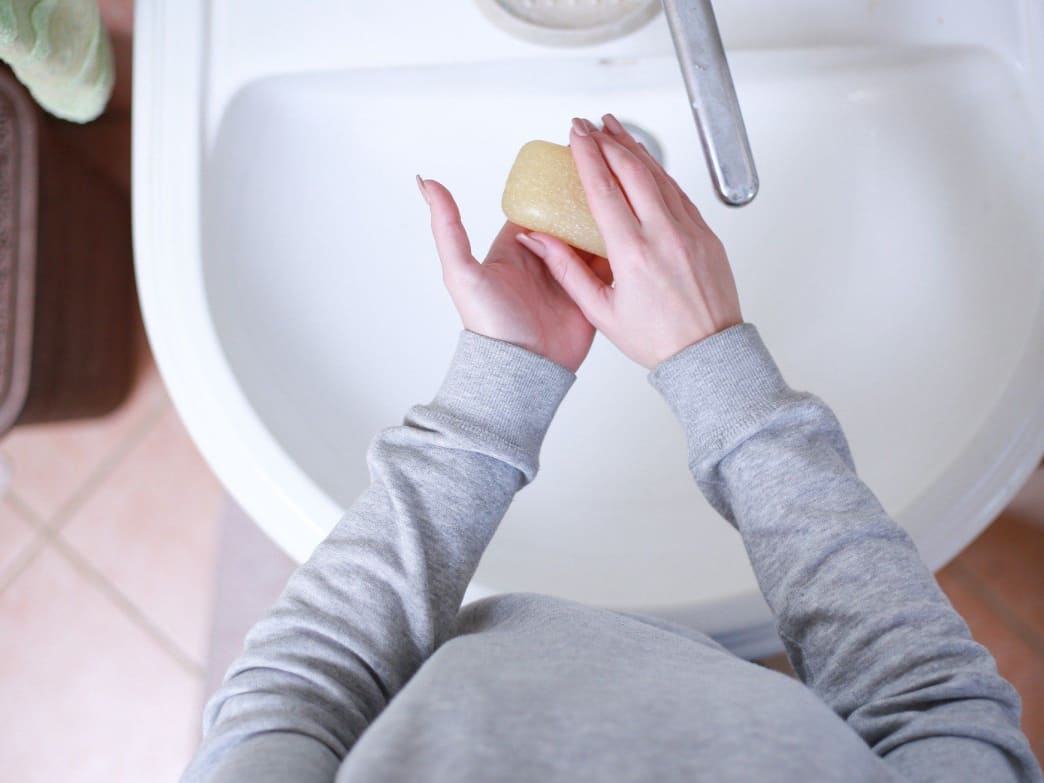
Leave a comment
This site is protected by hCaptcha and the hCaptcha Privacy Policy and Terms of Service apply.